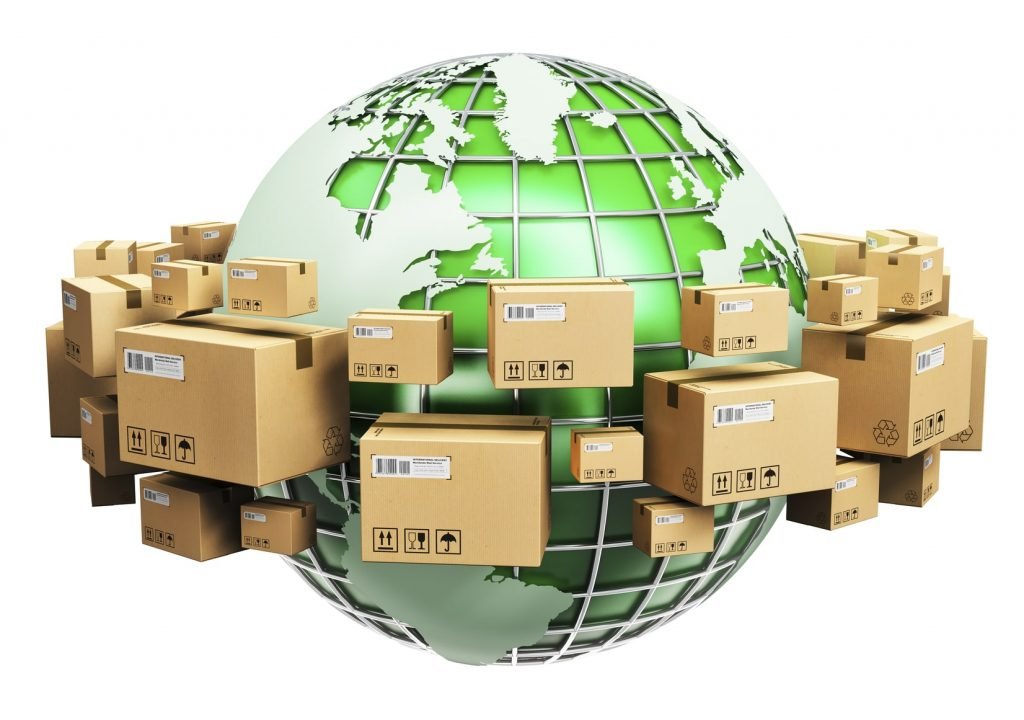In recent years, the rise of sustainable online retailers has reshaped the landscape of eCommerce. With an increasing focus on environmental consciousness, consumers are becoming more selective about where they shop and the impact their purchases have on the planet. Sustainable online retailers are responding by incorporating eco-friendly practices into their business models, not only to attract conscious consumers but to contribute to a greener future. Let’s explore the key factors driving this shift and what sets sustainable online retailers apart in today’s competitive market.
1. Growing Consumer Demand for Sustainability
As environmental concerns take center stage, consumers are becoming more aware of the ecological footprint of their purchases. From reducing waste to lowering carbon emissions, shoppers are actively seeking out companies that align with their values. A study by Nielsen found that 73% of global consumers would change their consumption habits to reduce their environmental impact. This growing preference for sustainable options is influencing retailers to prioritize eco-friendly initiatives, from sourcing materials responsibly to ensuring ethical supply chains.
What This Means for eCommerce Retailers:
- Eco-Friendly Product Offerings: Sustainable retailers offer products that are made from renewable or recycled materials, promoting waste reduction. Products such as organic clothing, biodegradable phone cases, and zero-waste beauty items are in high demand.
- Sustainable Packaging: Many sustainable online retailers have transitioned to eco-friendly packaging, using recyclable or compostable materials instead of plastic, to reduce packaging waste.
2. Sustainability in the Supply Chain
The supply chain plays a critical role in determining the environmental impact of a retailer. For many sustainable online retailers, this means reassessing every step of the production process. They focus on reducing waste, cutting down on emissions, and ensuring ethical sourcing practices. By working with suppliers who share their sustainability values, these retailers are leading the charge in a new era of ethical consumerism.
Key Elements of a Sustainable Supply Chain:
- Ethical Sourcing: Brands prioritize sourcing raw materials from suppliers that adhere to ethical labor practices and environmentally friendly methods.
- Fair Trade Certifications: Many sustainable brands seek fair trade certifications to ensure that workers are paid fairly and work in safe conditions.
- Carbon Offset Programs: Some online retailers implement carbon offset programs to neutralize their emissions, such as planting trees or investing in renewable energy projects.

3. Zero-Waste and Circular Economy
One of the defining trends in sustainable online retail is the growing adoption of the zero-waste and circular economy models. This approach focuses on reducing waste to as close to zero as possible, recycling, and reusing products rather than relying on the traditional “take-make-dispose” model. Online retailers adopting this mindset encourage consumers to buy products that can be reused, recycled, or repurposed, extending the life cycle of the products they purchase.
Examples of Zero-Waste and Circular Economy Practices:
- Clothing Recycling: Sustainable fashion brands like Patagonia offer programs that allow customers to return old clothing to be repurposed or recycled.
- Refillable Products: Some retailers, particularly in the beauty and cleaning industries, offer refillable containers to reduce single-use plastic waste.
- Upcycled Products: Certain online retailers focus on upcycling old products into new, functional items. For example, a retailer might turn old tires into furniture or bags.
4. Carbon Neutrality and Green Shipping
As eCommerce relies heavily on shipping and transportation, the carbon footprint of delivering products has been a focal point for sustainable online retailers. To mitigate their environmental impact, many companies are adopting carbon-neutral shipping options and exploring eco-friendly logistics solutions.
What Sustainable Retailers Are Doing to Reduce Carbon Emissions:
- Carbon-Neutral Shipping: Some companies offer carbon-neutral shipping options, where they calculate the carbon emissions associated with shipping and invest in offset programs, such as reforestation projects.
- Eco-Friendly Delivery Methods: Sustainable brands are also exploring alternative delivery methods, such as using electric vehicles or bicycles for local deliveries to reduce their reliance on traditional fossil fuel-powered transport.
- Warehouse Sustainability: Many online retailers are investing in energy-efficient warehouses, using renewable energy sources and sustainable materials for construction.
5. Transparency and Ethical Business Practices
In a world where information is more accessible than ever, consumers are increasingly looking for transparency in the brands they support. Sustainable online retailers are embracing transparency by openly sharing their sourcing practices, production methods, and the environmental impact of their products.
Elements of Transparency in Sustainable Retail:
- Supply Chain Transparency: Many retailers now share the details of where their products are sourced from, who makes them, and under what conditions.
- Environmental Impact Reporting: Sustainable brands often provide customers with information about the carbon footprint, water usage, and waste generated during production, allowing shoppers to make informed decisions.
- Certifications and Partnerships: Many eco-conscious brands seek certifications like B Corp, Fair Trade, or Carbon Trust to prove their commitment to sustainability.
6. Eco-Friendly Product Design
Another major trend among sustainable online retailers is eco-friendly product design. Brands are increasingly focused on designing products that have minimal environmental impact, from materials to production methods. This includes using recycled materials, designing for durability, and considering the product’s end-of-life.
Key Features of Eco-Friendly Product Design:
- Durable and Long-Lasting Products: Sustainable retailers focus on producing high-quality items that are built to last, which reduces the need for frequent replacements and helps minimize waste.
- Recycled and Upcycled Materials: Many companies use recycled or upcycled materials, such as post-consumer plastic, to create new products, reducing the demand for virgin resources.
- Minimalist Design: By creating products with fewer components and packaging, retailers can reduce waste and make recycling easier for consumers.
7. The Role of Sustainable Brands in Influencing Consumer Behavior
Sustainable online retailers not only provide products with a smaller environmental footprint but also act as change-makers in influencing consumer behavior. These retailers educate their customers on the importance of sustainability and encourage them to adopt more conscious buying habits.
How Sustainable Retailers Are Shaping Consumer Behavior:
- Eco-Conscious Marketing: Retailers use marketing campaigns to promote sustainability and raise awareness about environmental issues. They may highlight the eco-friendly features of their products or share educational content on reducing waste.
- Collaborations with Nonprofits: Some retailers partner with environmental nonprofits to support sustainability initiatives or to advocate for sustainable practices within the industry.
- Encouraging Sustainable Living: Many online retailers provide guides and resources to help consumers live more sustainably, offering tips on topics like reducing waste, upcycling, and living a zero-waste lifestyle.
8. Examples of Leading Sustainable Online Retailers
Several online retailers are setting the bar for sustainability in eCommerce, making significant strides in offering eco-friendly products and implementing sustainable practices.
- Patagonia: Known for its commitment to environmental activism, Patagonia offers sustainably made clothing and promotes fair labor practices while encouraging consumers to repair, reuse, and recycle their products.
- Etsy: As an online marketplace for handmade and vintage items, Etsy focuses on sustainability by supporting small businesses that produce eco-friendly products, such as organic clothing and upcycled furniture.
- Allbirds: Specializing in footwear, Allbirds uses renewable materials like merino wool and eucalyptus fibers to create comfortable, sustainable shoes that have gained a large following among eco-conscious consumers.
Conclusion
The rise of sustainable online retailers reflects a broader societal shift toward environmental responsibility and conscious consumerism. With growing demand for eco-friendly products, sustainable business practices, and transparency, retailers that embrace sustainability are not only appealing to today’s eco-conscious consumers but are also helping to shape the future of online retail. By reducing waste, minimizing their carbon footprint, and offering ethically sourced products, these retailers are proving that profitability and sustainability can go hand in hand.




